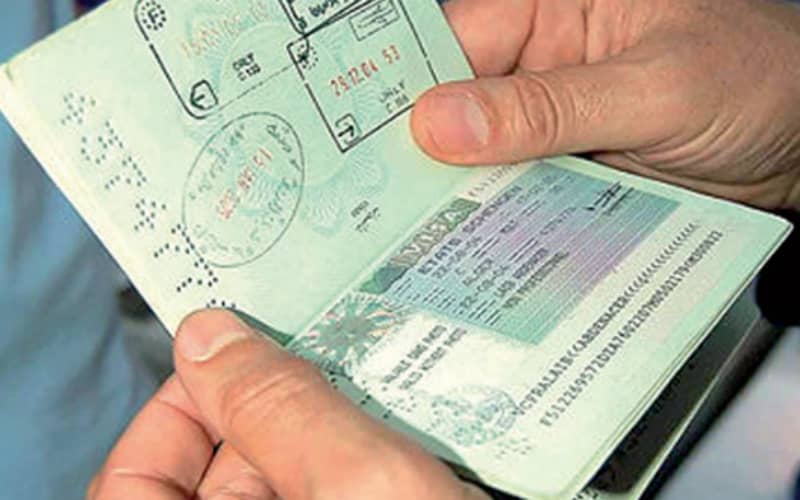Schengen Visa Scam Resurfaces: Moroccan Woman Loses $1,000 in Fake Appointment Scheme

The Schengen visa appointment scam is rearing its head again on the internet. A Moroccan woman was defrauded of 10,000 dirhams. Ismail Bellali, Director General of the Interbank Monetary Center (CMI), warns about this practice and advises "never to share banking data."
The Schengen visa appointment scam has withstood the test of time. In a LinkedIn post, Ismail Bellali warns: "Faced with citizens’ appetite to obtain appointments for Schengen visa applications at BLS and TLS centers, mercenaries have settled in and claim to sell nearby appointments on social networks." According to him, the goal of these scammers is to extract banking information and defraud naive people, and in some cases, repeatedly. To back up his claims, he recounts the story of a woman who was defrauded of 10,000 dirhams through five transactions (2,000 dirhams per transaction, 1,000 dirhams per person for her and her husband).
The victim "had a medical emergency. She found Facebook offers to sell appointments. She contacted the advertiser who told her that a person had withdrawn and that an appointment with a nearby date was therefore available," says the CMI Director General to Médias24. In a short time, he manages to gain her trust. He "asks the person to proceed with the payment of the fees by bank card by communicating a link that does not actually work." The victim obviously could not make the payment. "After several attempts, the scammer offers to help and demands the banking information. The victim communicates to her interlocutor the information of her bank card (number and expiration date), continues the official. Shortly after, she receives from her bank the SMS validation code for the payment, which she also sends him."
"The payment transaction is validated, except that the scammer claims the contrary, and invents various excuses, including the entry of an incorrect code. He does not content himself with a single operation, but with two to three, or even five as was the case for this lady," he adds, specifying that it was actually a payment operation for a recharge of his m-wallet, a mobile payment account. "The money transferred there is therefore permanently lost, as it can be withdrawn immediately. It is therefore irrecoverable."
Related Articles
-

Severe Weather Alert: Moroccan Regions Brace for Intense Thunderstorms and Heavy Rainfall
6 September 2025
-

Quebec’s International Student Crisis: UQAM Faces 39% Drop as Government Policies Spark Global Concern
5 September 2025
-

Surge in UK Train Phone Thefts: One Device Stolen Every 44 Minutes, Many Ending Up in Morocco
5 September 2025
-

French Retirees Abroad Face Digital Revolution: Biometric App Replaces Traditional Proof of Life
5 September 2025
-

Fake Colonel Arrested: Massive Fraud Scheme Uncovered in Morocco’s Southeast
5 September 2025